The World Health Organization said on Friday that COVID-19 is no longer a public health emergency of international concern, its highest level of alert.
"It's with great hope that I declare COVID-19 over as a global health emergency. That does not mean COVID-19 is over as a global health threat," WHO Director-General Tedros Adhanom Ghebreyesus said during a livestreamed news conference.
Chinese experts said the decision means that available disease control tools are sufficient to tackle threats of the coronavirus and its risk to human beings can be effectively contained.
However, they stressed that the pandemic is not officially over and China will prioritize surveillance of novel variants, vaccination for vulnerable groups and the ramping-up of medical and emergency response systems in the future.
The WHO first declared COVID-19 a global health emergency on Jan 30, 2020, in a move to help mobilize resources to prevent the contagion's spread around the globe. The classification was lifted following the advice of an emergency committee convened on Thursday to discuss the issue.
Liang Wannian, head of the National Health Commission's epidemic response expert panel, said that multiple factors, such as consistently declining numbers of reported cases, hospitalizations, severe cases and deaths — as well as no reports of significant increases of new strain pathogenicity and mortality — have contributed to the WHO's latest decision.
"Meanwhile, the world has established adequate herd immunity against the disease through mass vaccinations or natural infections over the past three years, and has stepped up overall preparedness including stockpiling protective equipment and effective medications, and treatment capacity," Liang said.
Following the downgrade, he said that restrictions on cross-regional traffic, trade and tourism volume are expected to further ease, driving international commerce, communication and travel.
"China will also be on track to see more convenient interactions with the rest of the world and will be able to dedicate more resources to developing its economy and boosting livelihoods," he added.
Liang said the downgraded classification does not mean that the pandemic has ended, nor does it suggest that COVID-19 has become harmless. Global solidarity and targeted and science-based measures are still needed to safeguard people's health, he said.
China reported its first domestic COVID-19 infection in Wuhan, Hubei province, in late December 2019 and announced the coronavirus would be treated as a top-level category A disease on Jan 20, 2020.
On Jan 8 this year, the country downgraded its management of the contagion from category A to B and declared a decisive victory against the disease on Feb 16.
For China, Liang said that developing more effective and sensitive monitoring and early precaution networks for viral mutations and epidemic situations will be a key task.
"In addition, vaccination campaigns targeting high-risk groups should continue to be rolled out and our capability in treating serious cases should be further improved," he added.
"It is also important to remind the public to keep practicing good hygiene, ramp up training and boost stockpiles of necessary supplies to cope with potential health emergencies and continue our efforts in building a strong public healthcare system."
Shi Guoqing, deputy director of the Chinese Center for Disease Control and Prevention's emergency operations center, said that relaxing COVID-19 curbs worldwide will likely result in faster spread of the virus globally to some extent.
But the shift is not expected to exert a major impact on the current pandemic situation and China will continue to implement science-based disease control strategies.








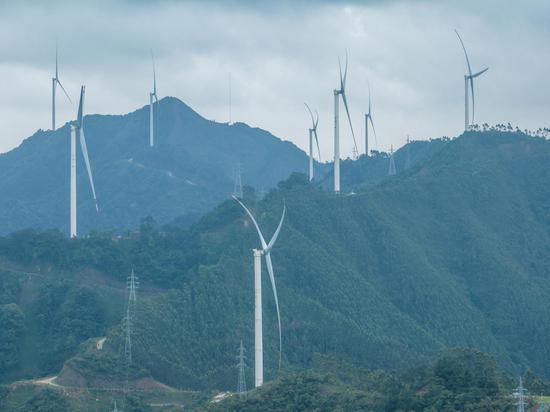

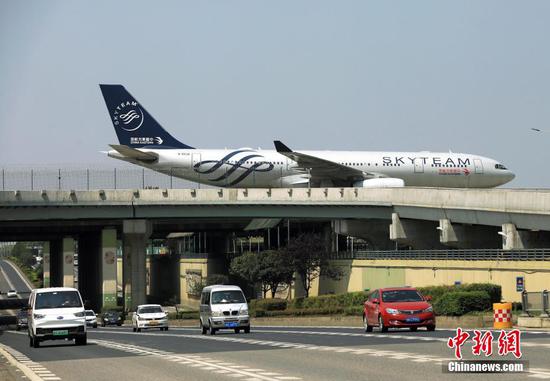
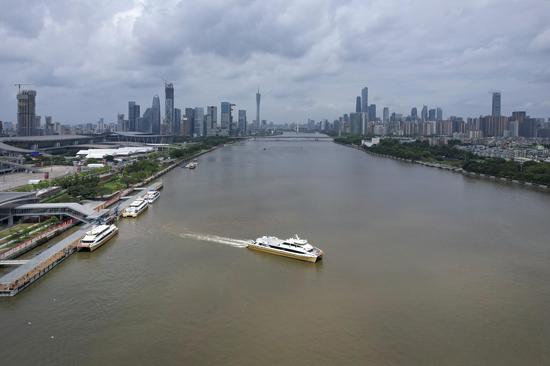


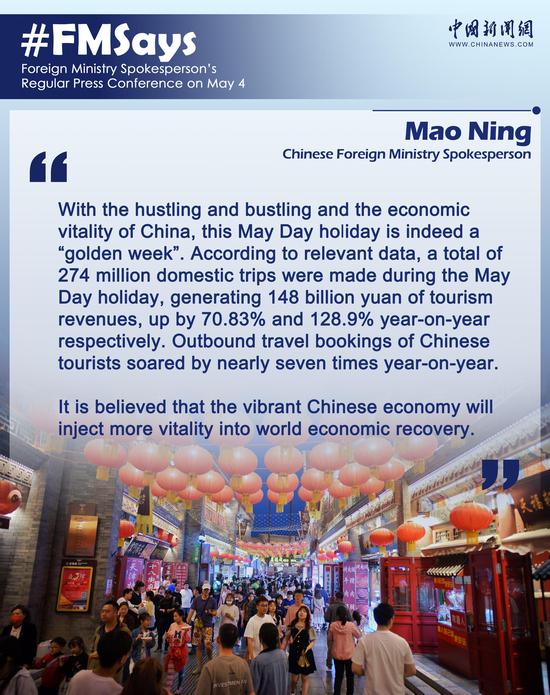






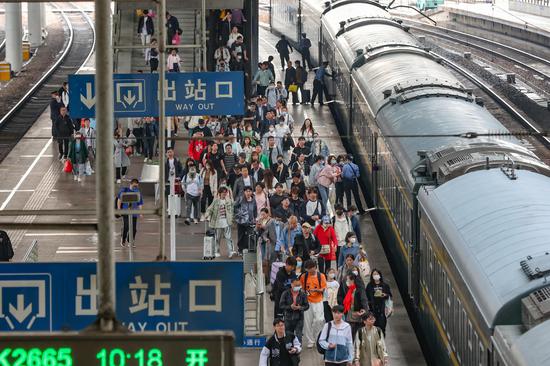

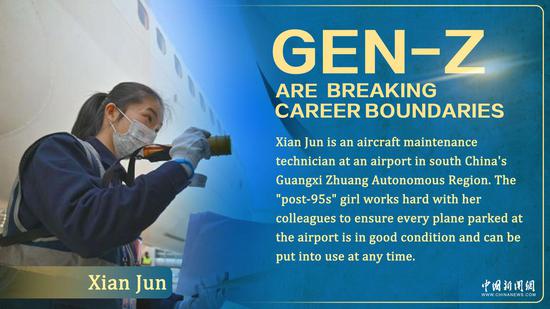



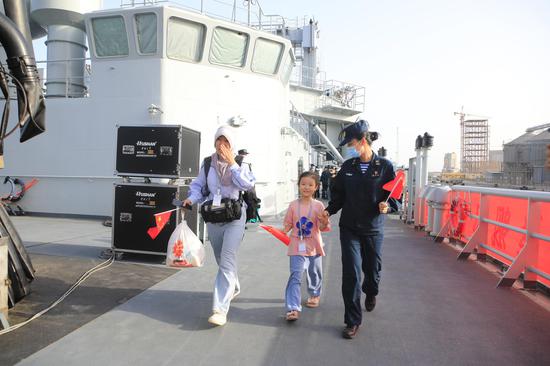
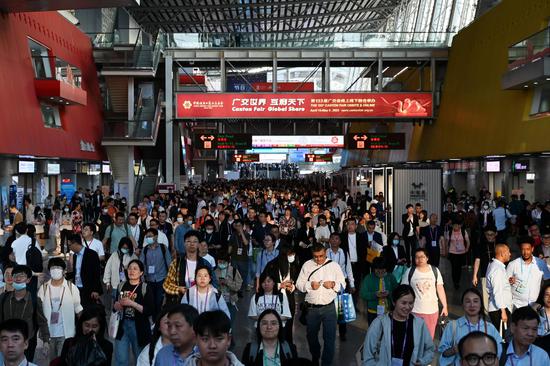
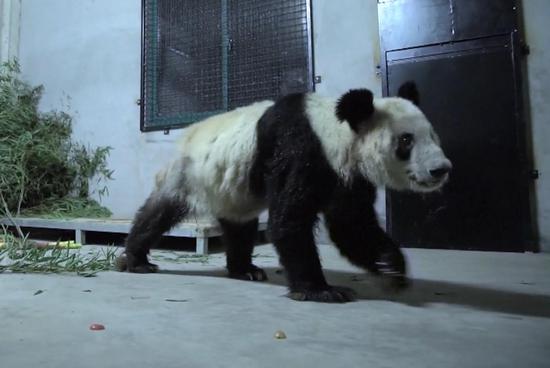



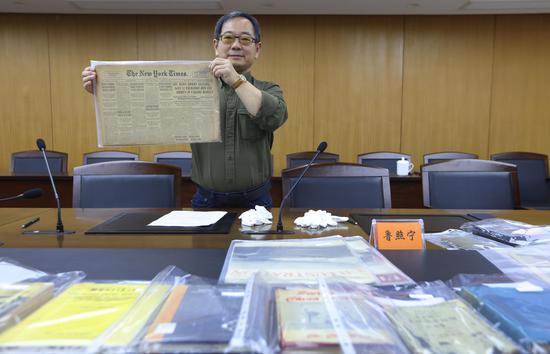
















 京公网安备 11010202009201号
京公网安备 11010202009201号